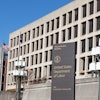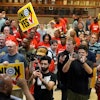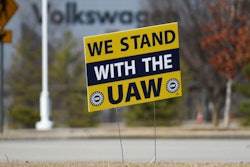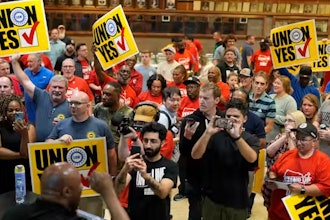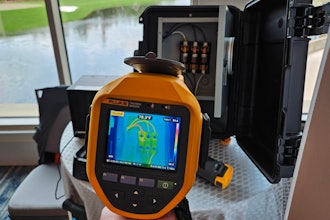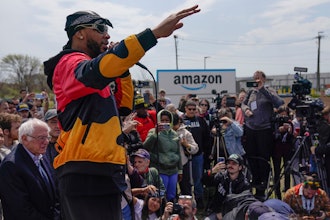WASHINGTON (AP) -- New data showing labor unions won nearly two-thirds of private ballot organizing elections last year is prompting some business groups to question the need for Congress to pass a bill that would make it even easier to form unions.
Union officials say the latest figures from the National Labor Relations Board are misleading because anti-union intimidation prevents many elections from happening at all.
Unions won 63 percent of representation elections conducted by the NLRB in fiscal 2008, a 4 percent increase from the previous year and the highest level since the mid-1950s, according to figures released last week.
"This new data clearly demonstrates that the current system, if anything, is working to the unions' advantage," said Daniel Yager, chief policy officer of the HR Policy Association, a group of 250 Fortune 500 companies.
Labor leaders are urging Congress to pass a bill that would take away an employer's right to demand a secret ballot election when workers want to organize a union. The Employee Free Choice Act -- also known as card check -- would instead permit a union to be certified if a majority of workers at a plant sign union authorization cards.
Republicans are expected to filibuster the bill if it comes to a vote later this year, and Democrats are working on a compromise version that could garner at least 60 votes in the Senate.
Business groups argue there is no need to effectively eliminate secret ballot elections if unions are winning most NLRB elections.
AFL-CIO spokeswoman Alison Omens claims the numbers don't tell the full story. Under current law, an election is held within 30-60 days if 30 percent of workers sign union authorization cards. Omens said many of those elections never happen because employers threaten workers not to support the union.
"By the time you get to an election, corporations have so poisoned the well that the petition for a union is withdrawn in many cases," Omens said.
Another problem for unions, Omens said, is that even if they win an election, between one-third and one-half of unions never get a first contract. Businesses can use legal delaying tactics that put off a contract for years and often turn the union back altogether, she said.
A key provision of the card check bill would require binding arbitration if unions and management cannot agree on a first contract.

